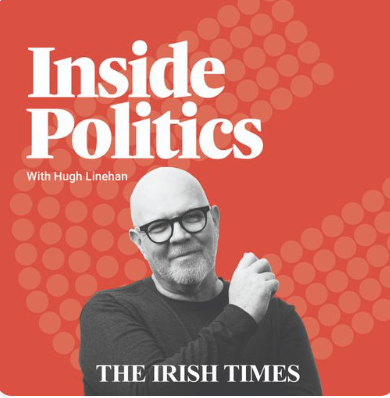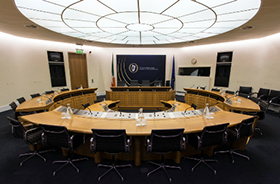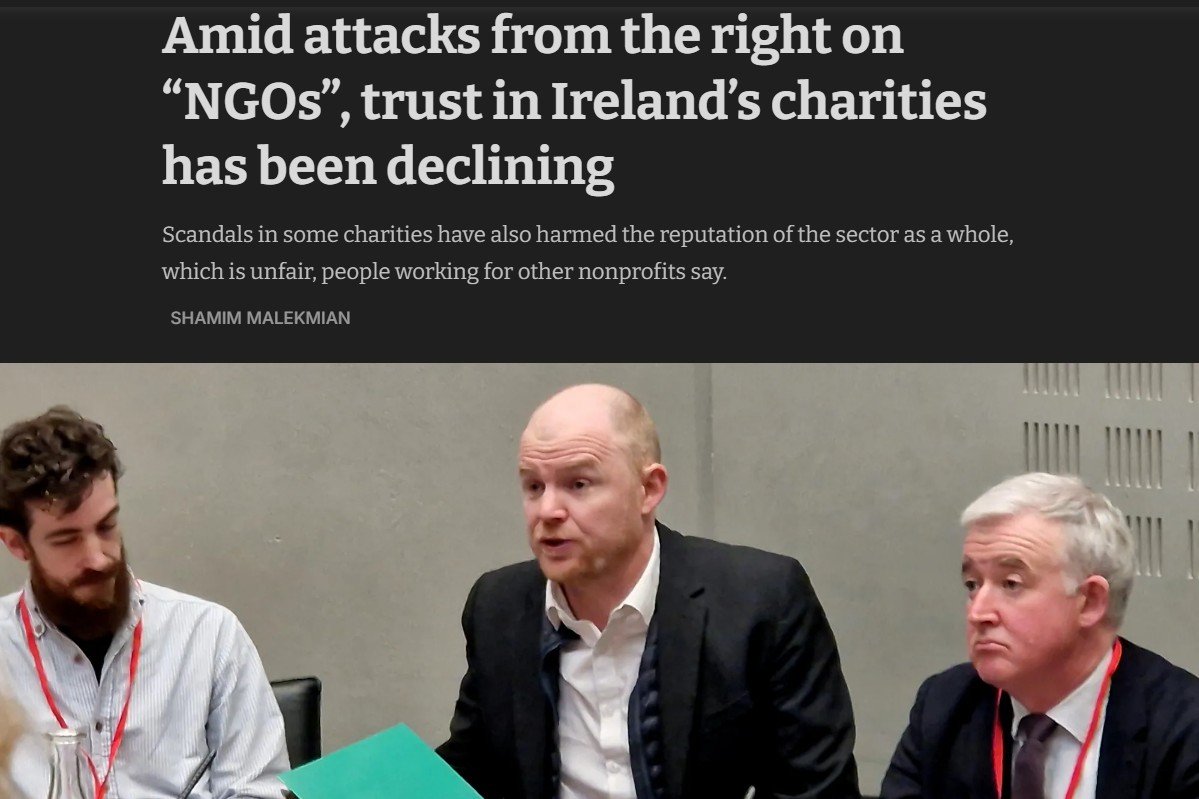Dr Eileen Culloty of Dublin City University appeared on the Irish Times Inside Politics podcast this week to unpack the growing debate around disinformation and the challenges of regulating harmful content online. The episode, titled “Is the disinformation label useful anymore?”, explored how the term “disinformation” is increasingly weaponised in political discourse and misunderstood in public debate.
Culloty, who coordinates the Irish hub of the European Digital Media Observatory (EDMO), cautioned that while disinformation remains a serious threat—particularly during elections—it’s often used as a political smear rather than a precise category. “We need to be careful,” she said. “Disinformation is real, but not everything we disagree with is disinformation.”
Here’s the blurb for the episode:
Disinformation is a concern in the run-up to the local and European elections, as the combination of new AI technology and complex social media networks make it easier than ever to spread misleading information to a wide audience.
But who polices disinformation, and is the term sometimes misused or abused for political ends?
Freddie Sayers is the editor of UK news and opinion website Unherd. Since learning that his site had been labelled a purveyor of disinformation by Global Disinformation Index, an NGO that advises advertisers, he has been campaigning against overreach by what he calls a “disinformation industry” that disproportionately targets conservative or right-wing points of view.
Eileen Culloty is an Assistant Professor at DCU and Deputy Director of DCU’s Institute for Media, Democracy and Society. She argues that the complex reality of disinformation should not be dismissed, despite past misuse of the term and the limitations of fact-checking in a world full of grey areas.




